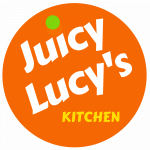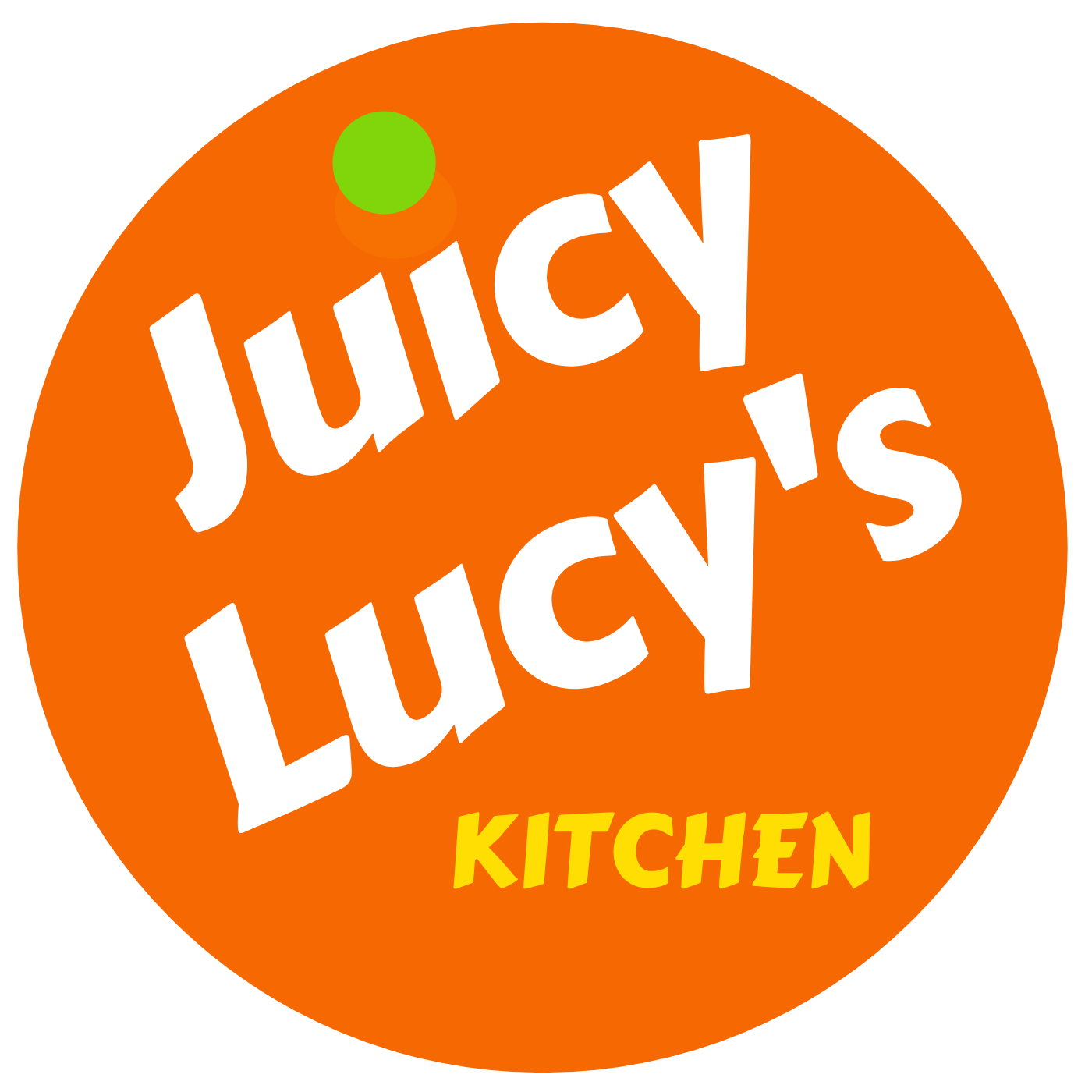“Come On Get Up Get Happy – Let’s Chase All Your Blues Away…”
So the song goes, but sometimes it’s not quite that simple is it?
This article looks at some of the reasons why it’s not that simple and what we can do about it, naturally.
In short – When you’re low on energy, your mood comes down – it’s a synergy of mind : body : emotions.
Adrenal Fatigue is when you’re in a constant state of stress and your adrenal glands, produce cortisol (a hormone) and if you are consistently stressed, your body goes into Adrenal Fatigue, meaning it stops producing Cortisol and it can take two to three years to restore them.
Firstly, why am I in a bad mood?
Well, your mood is strongly (but not only) influenced by these 7 chemical neurotransmitters:
- Adrenaline
- Dopamine
- Endocannabinoids
- Endorphin
- GABA
- Oxytocin
- Serotonin
So here’s your “Happy Mind – Rough Guide”:
Exercise is probably the best form of natural Seratonin boost, as it releases “happy endorphins”.
Magnesium
Crucial as it supports your nervous system. An easy way to do this is to have an Epsom Salt Bath once a week, as you transdermally absorb it (and you relax).
5-HTP
Is an amino acid which helps the body produce the Seratonin hormone. You can get this in capsule form from www.revital.co.uk
Vitamin B6
Is involved in producing the neurotransmitters, serotonin and norepinephrine, and in forming myelin. It’s significant to protein, fat and carbohydrate metabolism and the creation of red blood cells and neurotransmitters.
Probiotics
Are good bacteria and much of the Seratonin in the body is actually produced in the gut, so understanding what we eat and how our gut processes it, can also optimise our mental wellbeing.
A quality Probiotic, proper hydration, and eating a brain-healthy diet all help too. (See my article on Probiotics Pack a Powerful Punch).
Good Fats
Such as Avocado, nuts, seeds, Olive Oil are essential to moving hormones around the body, because they open the cells to aid absorption of any nutrients or vitamins. (My Protein Balls are packed with good fats and loaded with vitamins).
Whole Foods and Vitamins Which Support GABA
Consuming whole foods and compounds that boost mitochondrial health is the healthiest way to encourage our brain GABA function. Some Mitochondrial support vitamins and compounds are CoQ10, ribose, arginine and vitamin C.
Wholefoods which can support our GABA function, also include Spinach, Broccoli, and Cauliflower, together with foods which contain CoQ10, such as pumpkin seeds and peanuts contain arginine and Vitamin C; so Citrus Fruits, Bell Peppers, and Brussels Sprouts etc.
Plant-based medicinal botanicals that encourage GABA activity include Skullcap, Valerian, Passionflower, Ashwagandha, and Lemon Balm, are known for aiding insomnia and anxiety.
They are also known to be effective in the treatment of seizure and movement disorders.
Here’s a List Of Herbs Known To Aid Anxiety And Depression.
I have done loads of reading and research for all my articles and it seems to me that these four herbs are amongst the best to increase and sustain levels of these “happy” neuro’s; GABA and Serotonin:
Ashwagandha
Ashwagandha can help GABA to bind more effectively with neuron receptors.
You will see this is also mentioned in my other article “Top Healthy Healing Herbs”.
Passion Flower
“Chrysin” and “benzoflavone” are the alkaloids present in this herb and the are known to increase GABA (gamma-aminobutyric acid) in our brains.
L-Theanine
Extracted from Green Tea leaves, this amino acid stimulates the production of the inhibitory, relaxing neurotransmitter GABA, promoting calming effects that alleviate anxiety.
Lemon Balm
A perennial herb from the mint family, containing Tosmarinic Acid, which boosts GABA the brain’s calming/relaxation neurotransmitter.
Hope this helps you to get a bit more and stay positive!
_____________
Adrenalin
So we’ve all seen Pulp Fiction; that brilliant scene when John Travolta stabs Uma Thurman with that needle and all of a sudden she gasps for breath and comes to… Well that, my lovelies, was an Adrenaline shot (just in case you didn’t know).
Basically, Adrenaline is your body’s way of protecting itself. This why the Epi-pen is used to treat serious allergic reactions (it is an Adrenaline shot).
We all know someone who’s an “Adrenaline Junkie” – they like extreme sports, or fighting or dangerous activities; because what happens, is the human body’s “fight or flight” mode kicks in when you are scared, and the Adrenaline is released to protect us. It makes you stronger, gives us a rush and makes us feel super invincible until it subsides (then it can be quite exhausting).
Dopamine
Even those with little or no knowledge of this subject have usually heard of dopamine. This is the chemical in your brain, which is released ‘artificially’ when taking the drugs cocaine and methamphetamine.
Dopamine is ‘the reward molecule’, referred to as such due to the pleasure-seeking attributes it induces, and the consequent reward-driven actions.
People considered to be extroverts, usually have higher levels of dopamine than introverts. Extroverts generally tend to set higher goals than introverts and are considered to be “go-getting and driven, whilst introverts take actions that are more calculated and cautiously performed.
Evidence suggests that this type of reward-seeking behaviour can result in the brain releasing increased levels of dopamine.
Endocannabinoids
Yes, that’s right – it says “cannabinoids” – It has been suggested that this neurochemical is related to runner’s high. Whether it is endorphin molecules or endocannabinoids that cause this high, it is still not confirmed.
Often dubbed “the bliss molecule”, researchers isolated over 85 cannabinoids from the Cannabis plant (no introduction needed there, I’m sure). Each of these cannabinoids is a sort of key to the system which alters our consciousness and state of perception. (That explains a lot)!
Endorphins
Endorphins are perhaps the most well-known hormone. We’ve all been at the gym, in that fitness or spinning class where the stunningly toned instructor, grinning from ear to ear, shouts “come on you lot, let’s get those endorphins released!”
So as you probably know, our endorphins are released when in strenuous physical activity, sexual intercourse and orgasm. This is exactly why a healthy sex life is recommended; to keep the endorphins levels high.
GABA
Gamma-aminobutyric acid (GABA) is a neurotransmitter found in the brain. It has an inhibitory, or “calming,” effect reducing anxiety.
Although GABA’s primary function is to relax one’s state, it is also vital in the function of regulating moods, attention, cognition and sleep. GABA deficiency can cause depression, anxiety and insomnia, and has a strong link with drug and alcohol dependence and addiction.
Oxytocin
The oxytocin hormone is also referred to as ‘the bonding molecule’. This hormone works wonders with loyalty and trust. In fact, many studies have shown that a lack of physical contact between a couple reduces the oxytocin level, which drives the longing for re-bonding with the same person.
Surely, the debate as to how much oxytocin affects men and women is still ongoing, but the effects are without a doubt, very strong. Some researchers claim that it is vasopressin that causes the bonding in men, but the bottom line is – affection, skin-to-skin contact and intimacy are a huge factor that leads to the feeling of happiness.
Serotonin
Serotonin affects our bodies in many ways. The most common link is made with the person’s confidence and sense of belonging.
Therefore, if a person wishes to increase the serotonin and with that their sense of purpose, they need to challenge themselves on a regular basis. Serotonin is known as the “happy” neurotransmitter.
It plays multiple roles in the brain’s biochemistry and is a critical component in facilitating sustained and deep sleep; we all know how much better we feel after a good nights sleep, therein resulting in the maintenance of a balanced mood, higher self-confidence, better social engagement, and a healthier appetite.
Comfort Eating
“Comfort eating” usually involves cravings for pasta, potatoes, bread, pastries, pretzels, and popcorn; high in simple carbohydrates.
The comfort often experienced when eating these foods, is caused by increased insulin levels, allowing more tryptophan, the natural amino acid building block for Serotonin, to enter the brain where the brain cells convert tryptophan into serotonin.
Although Serotonin levels can decrease with less exposure to sunlight, there are many people who suffer from Serotonin deficiency all year. Vitamin D is also a huge factor in mood elevation.
Exercise is probably the best form of natural Seratonin boost, as it releases “happy endorphins”.
Feeling Gutted?
Much of the Seratonin in the body is actually produced in the gut, so understanding what we eat and how our gut processes it, can also optimise our mental wellbeing.
A quality Probiotic, proper hydration, and eating a brain-healthy diet all help too. (See my article on Probiotics Pack a Powerful Punch).
Eating complex carbohydrates such as carrots, sweet potatoes, blueberries, apples and garbanzo beans, will actually make you feel better within a half-hour of eating them without giving you the sugar spike that simple carbohydrates will, being better for you, your gut and mind in the long run.
Brain Serotonin levels can be boosted by eating foods rich in L-tryptophan. Foods containing this include chicken, spinach and other dark green leafy vegetables, lentils, pumpkin, chia seeds, beans, nuts eggs, cheese, turkey, beef, salmon and tuna.
Low L-tryptophan diets can lead to cognitive issues and mood swings and can also be helped with the aid of dietary supplements which contain vitamins B6, B12, folate and concentrates of Saffron, promote healthy Serotonin levels.
Serotonin is one of the most popular ingredients in anti-depressants. Most anti-depressants like Prozac and Lexapro are known Serotonin-Specific Reuptake Inhibitors, used to fight off depression, as well as treat panic disorders, eating disorders, anxiety, chronic pain, OCD and PTSD.
Conclusion
Creating a good neurochemical balance that results in happiness isn’t something that comes with a step-by-step guide or a recipe. This list of the most popular neurochemicals should assist you to adjust your daily habits to achieve some balance.









Leave a Reply